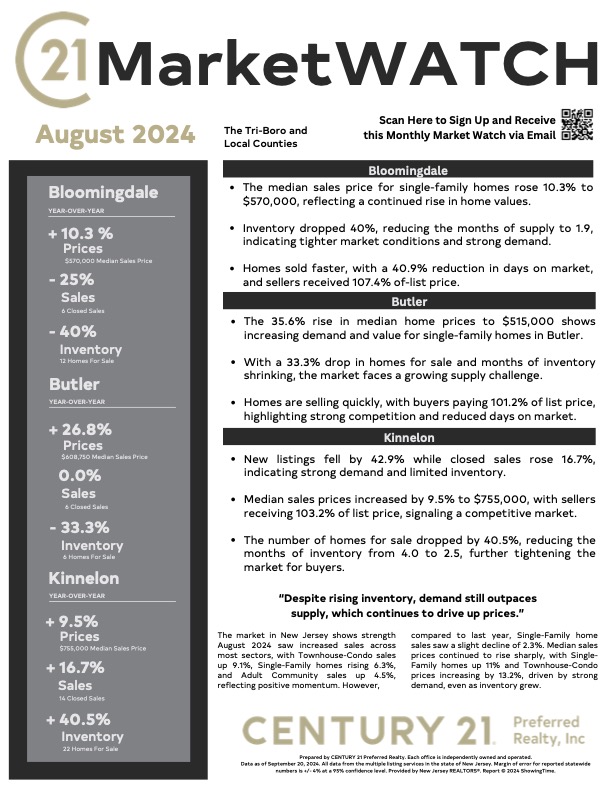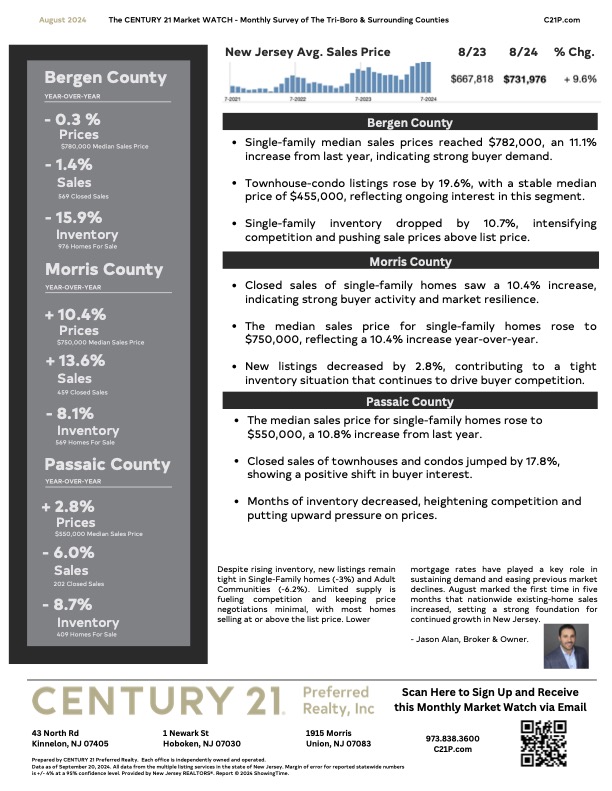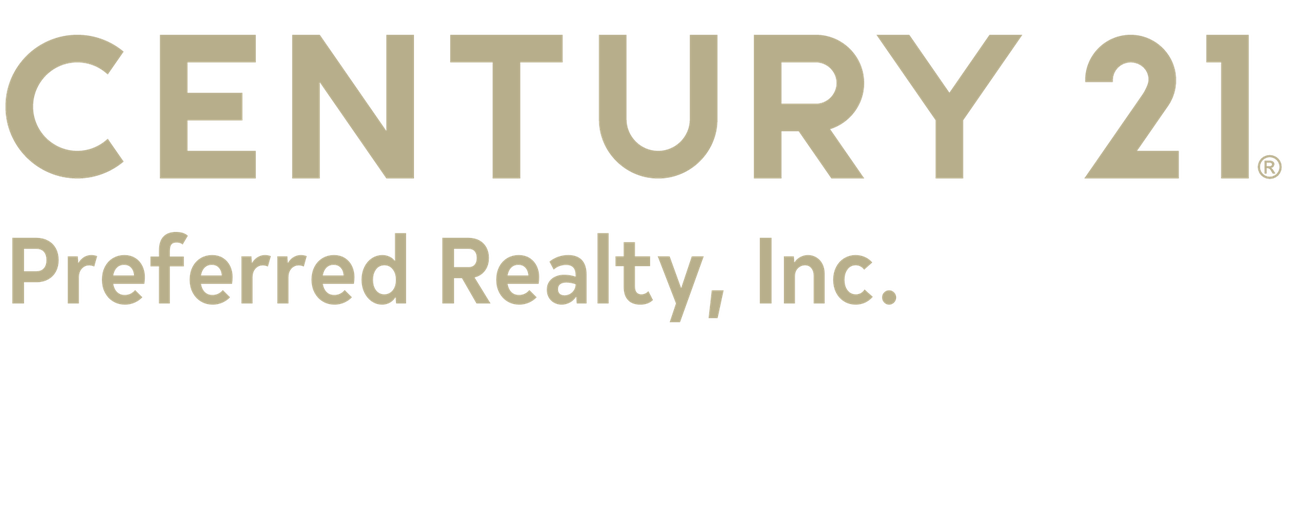The Role of Technology in Modern Property Management
Technology plays a pivotal role in modern property management, revolutionizing the way properties are managed, operations are streamlined, and tenant experiences are enhanced. Let’s delve into the multifaceted ways technology shapes these aspects:
- Property Management Software (PMS): Property management software serves as the backbone of modern property management. These platforms offer comprehensive solutions for tasks like lease management, rent collection, maintenance requests, accounting, and reporting. PMS streamlines administrative processes, improves accuracy, and provides real-time insights into property performance.
- Smart Building Solutions: Integration of IoT (Internet of Things) devices into buildings enables the creation of smart properties. Sensors and connected devices monitor energy usage, HVAC systems, security, and occupancy levels. Smart building solutions optimize resource utilization, reduce operational costs, and enhance safety and comfort for tenants.
- Online Rental Platforms: Online rental platforms have transformed the way properties are marketed and leased. Websites and mobile apps allow property managers to showcase available units with photos, virtual tours, and detailed descriptions. Prospective tenants can easily search for properties, schedule viewings, and submit rental applications, streamlining the leasing process.
- Tenant Portals: Tenant portals provide a centralized platform for communication and self-service. Through these portals, tenants can submit maintenance requests, pay rent online, access lease documents, and communicate with property managers. This self-service functionality enhances tenant satisfaction by offering convenience and transparency.
- Predictive Maintenance: Utilizing data analytics and predictive maintenance algorithms, property managers can anticipate maintenance needs before issues arise. By analyzing historical data and performance trends, predictive maintenance systems identify potential problems, allowing for proactive repairs and minimizing downtime. This approach reduces maintenance costs and enhances tenant satisfaction by ensuring well-maintained properties.
- Virtual Reality (VR) and Augmented Reality (AR): VR and AR technologies are increasingly used in property management for virtual property tours and interior design visualization. Prospective tenants can explore properties remotely through immersive VR tours, which saves time and enhances the leasing experience. AR apps enable tenants to visualize furniture placement and design modifications within their units, facilitating personalization and decision-making.
- Security and Access Control: Advanced security systems, including biometric access control, surveillance cameras, and smart locks, enhance property security and tenant safety. These technologies provide real-time monitoring and remote access control, allowing property managers to respond promptly to security threats or access issues. Enhanced security measures contribute to tenant peace of mind and satisfaction.
- Data Analytics and Reporting: Data analytics tools enable property managers to extract valuable insights from large volumes of data. By analyzing tenant demographics, occupancy rates, rent trends, and maintenance history, property managers can make data-driven decisions to optimize property performance and tenant satisfaction. Customizable reports and dashboards provide actionable insights for strategic planning and performance monitoring.
- Energy Management Systems: Energy management systems leverage smart meters and energy monitoring software to track and optimize energy consumption within properties. By identifying energy inefficiencies and implementing energy-saving measures, property managers can reduce utility costs and environmental impact. Tenant engagement platforms encourage energy conservation behaviors among occupants, fostering a sustainable living environment.
- Mobile Apps and Communication Tools: Mobile apps and communication tools facilitate seamless communication between property managers and tenants. Instant messaging platforms, email notifications, and push notifications keep tenants informed about important updates, upcoming events, and community announcements. Mobile apps also enable tenants to access amenities, reserve common spaces, and participate in community activities, enhancing the overall tenant experience.

Technology plays a transformative role in modern property management by optimizing operations, enhancing efficiency, and improving tenant satisfaction. By leveraging innovative solutions ranging from property management software to IoT devices and virtual reality, property managers can streamline processes, reduce costs, and create exceptional living experiences for NJ tenants.
8 Tips for Staying Compliant with NJ Property Manager Laws
- Familiarize Yourself with State and Local Laws: Take the time to thoroughly familiarize yourself with New Jersey state laws and local regulations governing property management. Stay updated on any changes or updates to these laws to ensure ongoing compliance.
- Consult Legal Professionals: Consider consulting with legal professionals who specialize in real estate law to ensure that you fully understand your rights and responsibilities as a property manager in New Jersey. Legal guidance can help you navigate complex legal issues and avoid potential pitfalls.
- Stay Informed About Fair Housing Laws: Familiarize yourself with federal and state fair housing laws, as well as local ordinances, to ensure that you adhere to anti-discrimination regulations when screening tenants, setting rental criteria, and handling tenant disputes. Discrimination based on protected characteristics such as race, religion, disability, or familial status is strictly prohibited.
- Obtain Necessary Licenses and Permits: Make sure that you have obtained any required licenses or permits to operate as a property manager in New Jersey. This may include a real estate broker’s license, property management license, or other professional certifications mandated by state or local authorities.
- Comply with Landlord-Tenant Laws: Understand the rights and obligations outlined in New Jersey’s landlord-tenant laws, including regulations related to lease agreements, security deposits, rent increases, eviction procedures, and property maintenance standards. Adhering to these laws helps protect both landlords’ and tenants’ rights.
- Maintain Property Safety and Compliance: Ensure that the property meets all safety and building code requirements mandated by New Jersey state law and local ordinances. Regularly inspect the property for potential hazards, such as faulty wiring, plumbing issues, or structural deficiencies, and promptly address any issues to maintain compliance and tenant safety.
- Keep Accurate Records: Maintain accurate and detailed records of all transactions, communications, and interactions related to property management. This includes lease agreements, rental payments, maintenance requests, repairs, and tenant communications. Keeping thorough records can help protect you in case of disputes or legal challenges.
- Stay Updated on Eviction Procedures: Familiarize yourself with the eviction process outlined in New Jersey’s landlord-tenant laws, including the necessary steps and legal requirements for evicting tenants. It’s essential to follow the proper procedures and timelines outlined in the law to avoid potential legal implications or challenges during eviction proceedings.

8 tips for Dealing with Tenant Issues and Conflict Resolution
- Open Communication Channels: Establish open lines of communication with tenants from the beginning of their tenancy. Encourage tenants to reach out with any concerns or issues they may have and provide multiple channels for communication, such as email, phone, and in-person meetings.
- Active Listening: Practice active listening when tenants express concerns or grievances. Give them your full attention, ask clarifying questions, and demonstrate empathy to show that you understand their perspective and are committed to resolving the issue.
- Prompt Response: Respond to tenant issues promptly to demonstrate your commitment to addressing their concerns. Even if you cannot immediately resolve the issue, acknowledge their communication and provide a timeline for when they can expect a resolution.
- Document Everything: Keep detailed records of all communication with tenants, including emails, phone calls, and in-person conversations. Document the nature of the issue, the steps taken to address it, and any agreements or resolutions reached. This documentation can be invaluable in resolving disputes and protecting your interests.
- Empowerment Through Education: Educate tenants about their rights and responsibilities under the lease agreement and local rental laws. Provide information about proper maintenance procedures, rent payment policies, and dispute resolution processes to empower tenants to handle issues proactively.
- Mediation and Conflict Resolution: In cases of disputes between tenants or between tenants and management, employ mediation techniques to facilitate constructive dialogue and find mutually acceptable solutions. Consider involving a neutral third party, such as a professional mediator or housing counselor, to help resolve conflicts amicably.
- Fair and Consistent Policies: Enforce fair and consistent policies for addressing tenant issues to promote transparency and equity. Ensure that all tenants are treated equally and that decisions are based on objective criteria rather than personal bias or favoritism.
- Follow Through: Follow through on commitments made to tenants regarding issue resolution or policy changes. If you agree to take certain actions to address a problem, make sure to follow through in a timely manner and communicate with tenants about the progress made. Consistent follow-through builds trust and demonstrates your commitment to resolving tenant issues effectively.

8 Tips for Green Initiatives in Property Management
- Energy-Efficient Upgrades: Implement energy-efficient upgrades throughout the property, such as installing programmable thermostats, sealing air leaks, and adding insulation to improve energy efficiency. These upgrades can reduce energy consumption, lower utility bills, and decrease carbon emissions.
- Solar Power Integration: Consider installing solar panels on the property to harness clean, renewable energy from the sun. Solar power can offset electricity costs, reduce dependence on fossil fuels, and contribute to a more sustainable energy mix.
- Water Conservation Measures: Implement water-saving measures to reduce water consumption and promote sustainable water use. This may include installing low-flow faucets, showerheads, and toilets, as well as investing in drip irrigation systems and drought-tolerant landscaping to minimize water waste.
- Green Roofing: Explore the possibility of installing a green roof, which consists of vegetation planted on the roof surface. Green roofs can improve energy efficiency by providing natural insulation, reduce stormwater runoff, and mitigate the urban heat island effect while enhancing biodiversity and air quality.
- Waste Reduction and Recycling Programs: Implement waste reduction and recycling programs to minimize landfill waste and promote recycling among tenants. Provide convenient recycling bins, educate tenants about proper waste sorting, and partner with local recycling facilities to ensure that recyclable materials are diverted from landfills.
- Sustainable Transportation Options: Encourage sustainable transportation options among tenants by providing amenities such as bike racks, electric vehicle charging stations, and access to public transportation. Promoting walking, cycling, carpooling, and the use of electric vehicles can reduce greenhouse gas emissions and improve air quality.
- Energy-Efficient Lighting: Upgrade lighting fixtures to energy-efficient LED bulbs, which consume less energy and last longer than traditional incandescent bulbs. LED lighting can significantly reduce electricity consumption and maintenance costs while providing better quality illumination.
- Green Building Certifications: Pursue green building certifications such as LEED (Leadership in Energy and Environmental Design) or ENERGY STAR for the property. These certifications recognize sustainable building practices and design strategies that prioritize energy efficiency, water conservation, indoor air quality, and environmental stewardship. Achieving green building certifications can enhance the property’s marketability, attract environmentally conscious tenants, and demonstrate a commitment to sustainability.
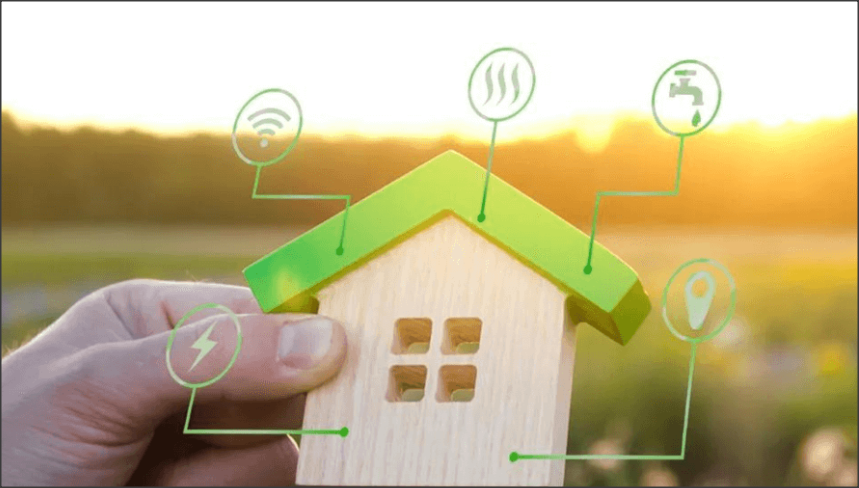
8 Tips for Maximizing New Jersey Rental Income
- Market Analysis: Conduct thorough market research to understand local rental market trends, demand, and competition. Analyze rental prices for similar properties in the area to determine competitive pricing strategies.
- Regular Rent Reviews: Regularly review and adjust rental prices to reflect market changes and maximize rental income. Consider factors such as inflation, changes in demand, and improvements to the property when determining rent increases.
- Value-Add Improvements: Identify opportunities to increase the value of the property through renovations, upgrades, or added amenities. Enhancements such as updated appliances, modernized finishes, or additional services can justify higher rental prices and attract tenants willing to pay more.
- Tenant Retention Strategies: Implement strategies to retain existing tenants and minimize turnover, such as offering lease renewal incentives, providing excellent customer service, and addressing maintenance issues promptly. Retaining long-term tenants reduces vacancy periods and turnover costs, ultimately maximizing rental income.
- Flexible Lease Terms: Offer flexible lease terms to attract a wider range of tenants and maximize occupancy rates. Consider options such as shorter-term leases, month-to-month agreements, or furnished rentals to accommodate diverse tenant needs and preferences.
- Tenant Screening: Conduct thorough tenant screening to select reliable and financially stable tenants who are more likely to pay rent on time and adhere to lease agreements. A rigorous screening process helps minimize the risk of rent defaults and eviction costs, preserving rental income.
- Maintenance Efficiency: Implement proactive maintenance strategies to minimize repair costs and maximize rental income. Regular inspections, preventative maintenance tasks, and prompt resolution of maintenance issues help preserve the property’s condition and minimize vacancy periods.
- Professional Property Management: Consider hiring professional property management services to streamline operations, optimize rental income, and ensure compliance with regulations. Property managers can handle tasks such as rent collection, lease renewals, maintenance coordination, and tenant communication, allowing landlords to focus on maximizing rental income and investment growth.
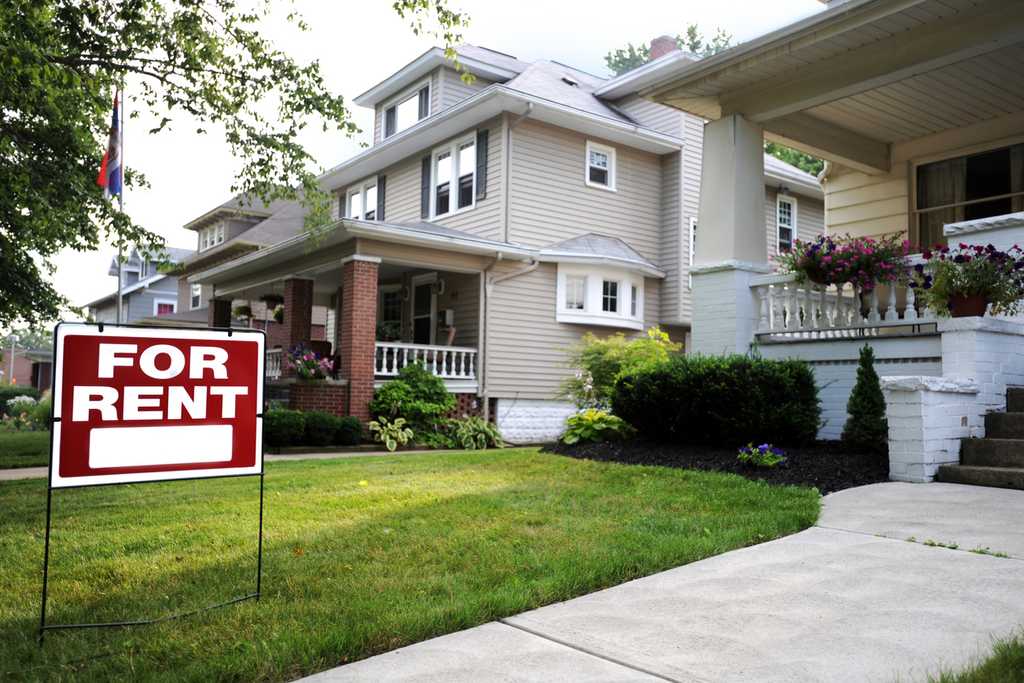
8 Tips for Emergency Preparedness for NJ Property Managers
- Risk Assessment: Conduct a thorough risk assessment of the property to identify potential emergency scenarios, such as natural disasters, fires, power outages, or security breaches. Consider the property’s location, building structure, and surrounding environment when assessing risks.
- Develop Emergency Response Plans: Develop comprehensive emergency response plans tailored to the specific needs and risks of the property. This includes establishing protocols for evacuation procedures, emergency communication, medical assistance, and property protection.
- Communication Protocols: Establish clear communication protocols to ensure effective communication with tenants, staff, emergency services, and relevant stakeholders during emergencies. Utilize multiple communication channels such as text messages, phone calls, emails, and social media to reach people quickly and efficiently.
- Training and Education: Provide regular training and education sessions for property staff and tenants on emergency procedures and protocols. Ensure that everyone understands their roles and responsibilities during emergencies and knows how to respond effectively.
- Emergency Supplies and Equipment: Maintain adequate emergency supplies and equipment on-site, such as first aid kits, flashlights, batteries, fire extinguishers, and emergency generators. Regularly inspect and replenish supplies to ensure readiness.
- Coordination with Authorities: Establish partnerships and communication channels with local emergency services, such as fire departments, police departments, and medical facilities. Coordinate emergency response efforts with these authorities to ensure a timely and coordinated response to emergencies.
- Backup Plans for Utilities: Develop backup plans for essential utilities such as water, electricity, and heating systems in case of outages or disruptions. This may include installing backup generators, alternative heating sources, or water storage solutions to maintain essential services during emergencies.
- Regular Review and Update: Regularly review and update emergency preparedness plans in response to changes in the property, regulations, or emerging threats. Conduct drills and exercises to test the effectiveness of emergency procedures and identify areas for improvement. Continuous improvement is essential for maintaining readiness and ensuring effective response to unexpected situations.

8 Tips for Property Maintenance and Enhancing Home Property Value
- Regular Inspections: Conduct routine inspections of the property to identify maintenance needs promptly. Inspect key areas such as the roof, plumbing, electrical systems, HVAC, and structural integrity to catch issues early and prevent them from escalating.
- Scheduled Maintenance: Implement a schedule for regular maintenance tasks such as gutter cleaning, HVAC servicing, and lawn care. By staying proactive and addressing maintenance needs on a schedule, you can prevent deterioration and costly repairs.
- Address Repairs Promptly: Promptly address any repairs or maintenance issues as they arise to prevent further damage and preserve the property’s value. Whether it’s fixing a leaky faucet, repairing a damaged roof, or addressing structural issues, timely action is essential.
- Landscaping and Curb Appeal: Maintain the property’s landscaping and curb appeal to enhance its attractiveness and value. Regularly mow the lawn, trim shrubs and trees, and plant flowers or other greenery to create a welcoming exterior environment.
- Painting and Surface Maintenance: Regularly inspect and touch up paintwork, both interior and exterior, to keep the property looking fresh and well-maintained. Address any signs of wear or damage to walls, trim, and other surfaces promptly to maintain aesthetic appeal.
- Pest Control: Implement measures to prevent and control pests such as insects, rodents, and termites. Regularly inspect for signs of pest infestation and take appropriate action to mitigate the problem to prevent damage to the property’s structure and reputation.
- Safety Upgrades: Invest in safety upgrades and improvements to enhance the property’s value and appeal. This may include installing smoke detectors, carbon monoxide detectors, security systems, and safety features such as handrails and proper lighting.
- Stay Informed and Proactive: Stay informed about industry best practices, technological advancements, and local NJ regulations related to property maintenance. Being proactive and staying ahead of maintenance needs helps preserve and enhance the property’s value over time.

8 Tips for Navigating Lease Agreements
- Read and Understand the Lease: Take the time to thoroughly read and understand the entire lease agreement before signing. Pay close attention to key terms such as the duration of the lease, rental amount, payment schedule, security deposit requirements, and any additional fees or charges.
- Clarify Responsibilities: Clearly define the responsibilities of both the landlord and the tenant within the lease agreement. This includes outlining maintenance duties, utility payments, property access, and procedures for resolving disputes or addressing concerns.
- Include Necessary Provisions: Ensure that the lease agreement includes necessary provisions to protect your property and interests. This may include clauses related to property inspection procedures, restrictions on subletting or unauthorized occupants, and consequences for lease violations.
- Set Clear Expectations: Clearly communicate your expectations to tenants regarding property care, maintenance standards, and rules for behavior. Setting clear guidelines from the outset can help prevent misunderstandings and conflicts during the lease term.
- Document Property Condition: Conduct a thorough move-in inspection and document the condition of the property with written descriptions and photographs. Provide tenants with a copy of the inspection report and require them to sign off on its accuracy. This documentation can help resolve disputes over security deposit deductions at the end of the lease.
- Handle Security Deposits Properly: Adhere to legal requirements regarding the collection, handling, and return of security deposits. Clearly outline the conditions under which deductions may be made from the deposit, such as damages beyond normal wear and tear, unpaid rent, or cleaning fees.
- Address Lease Renewal and Termination: Clearly outline the procedures for lease renewal and termination within the lease agreement. Specify any notice requirements for both parties and outline the consequences of early termination or failure to renew the lease.
- Consult Legal Professionals: Consider consulting with a legal professional or real estate attorney to review lease agreements and ensure compliance with local laws and regulations. Legal advice can help protect your interests and avoid potential legal pitfalls or disputes with tenants.
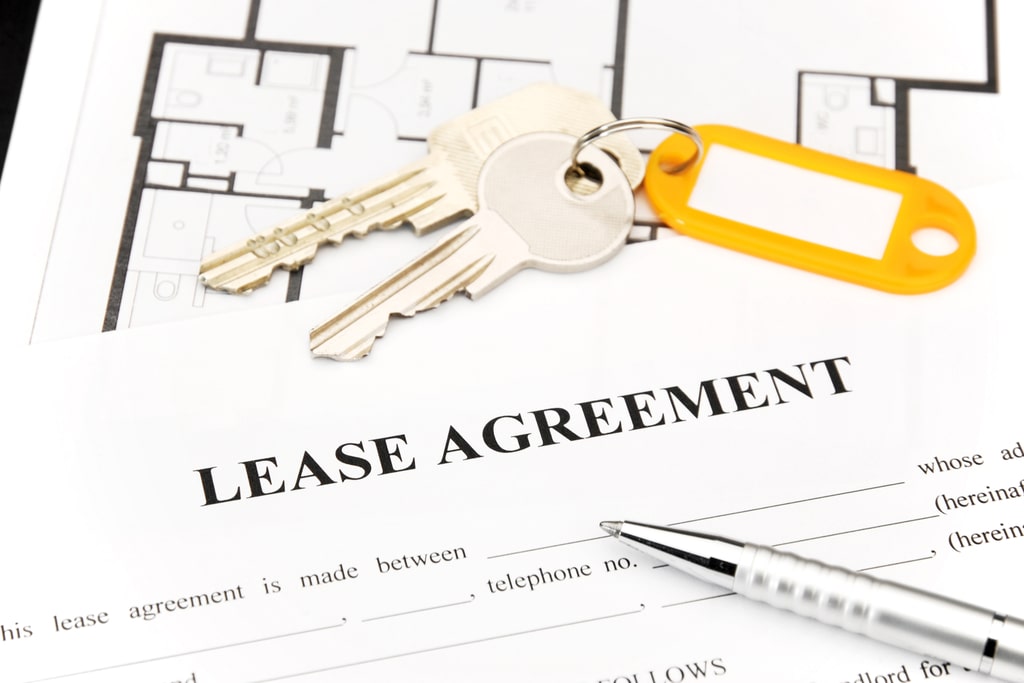
8 Tips for Finding Reliable and Responsible Renters
- Thorough Application Process: Implement a comprehensive application process that requires potential tenants to provide detailed information about their employment history, income, rental history, and references. This allows you to evaluate their financial stability and reliability as renters.
- Credit and Background Checks: Conduct thorough credit checks to assess the financial responsibility of applicants. Look for consistent payment history and manageable debt levels. Additionally, perform background checks to uncover any criminal history or past eviction records.
- Income Verification: Verify applicants’ income through pay stubs, tax returns, or employment verification letters. Ensure that their income is sufficient to cover rent payments and other living expenses without strain.
- Rental History Review: Contact previous landlords to inquire about the applicant’s rental history, including their payment reliability, property upkeep, and any issues with neighbors or property management. This provides valuable insights into the applicant’s behavior as a tenant.
- Interview Potential Tenants: Conduct in-person or virtual interviews with prospective tenants to assess their suitability for the property. Use this opportunity to ask about their lifestyle, habits, and reasons for moving. Pay attention to their communication skills and demeanor during the interview.
- Establish Clear Rental Criteria: Define specific rental criteria and requirements upfront to streamline the screening process. Clearly communicate these criteria to potential tenants to manage their expectations and ensure fairness in the selection process.
- Trust Your Instincts: Pay attention to your intuition when evaluating potential tenants. If something feels off or inconsistent during the screening process, dig deeper or consider moving on to other applicants. Trusting your instincts can help you avoid renting to unreliable or problematic tenants.
- Document Everything: Keep detailed records of the tenant screening process, including application forms, credit reports, background check results, and communication with applicants. Documenting each step helps maintain transparency and accountability, especially in case of disputes or legal issues down the line.



 Facebook
Facebook
 X
X
 Pinterest
Pinterest
 Copy Link
Copy Link
